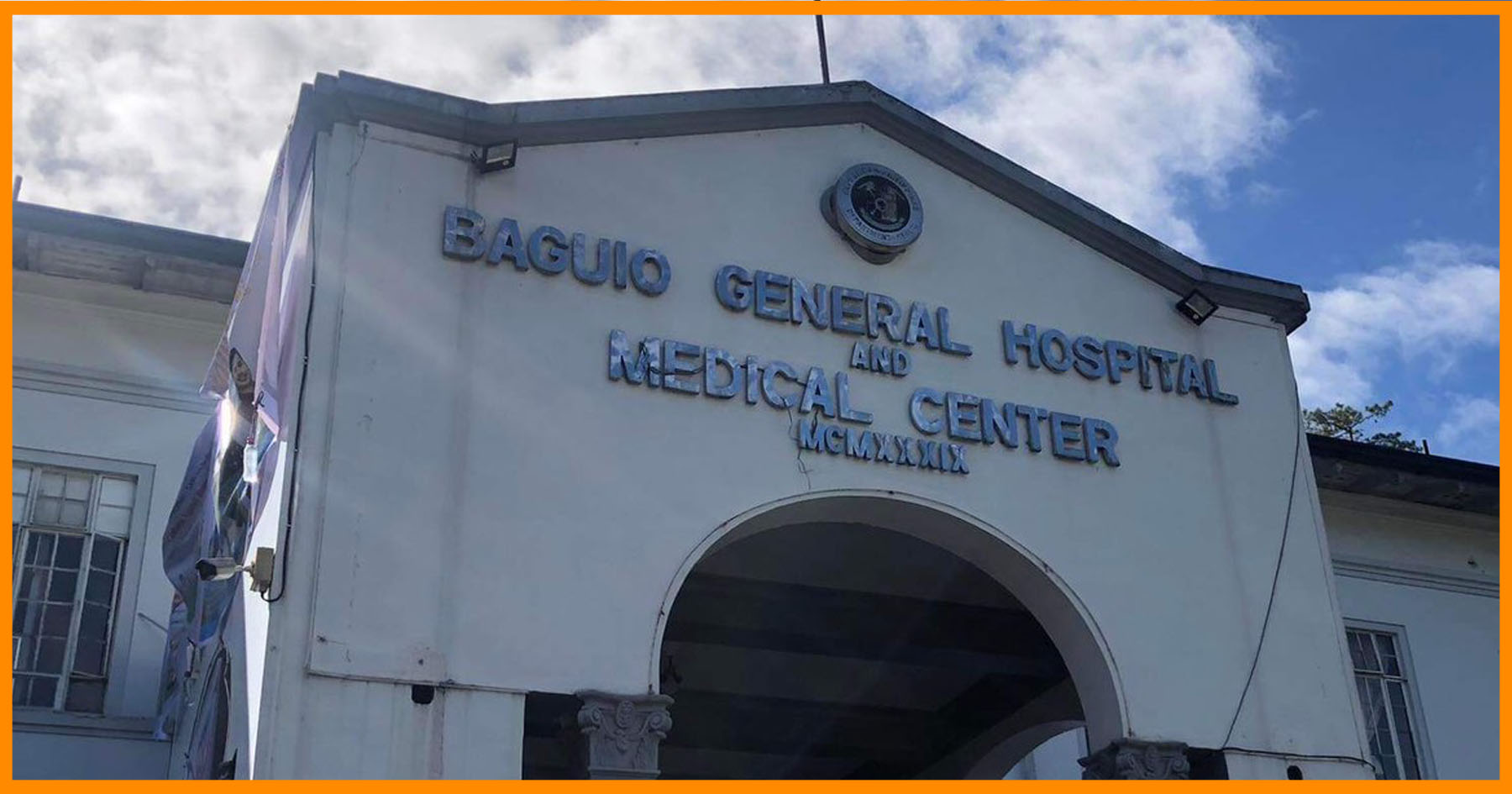BAGUIO CITY – The Department of Justice (DOJ), through the Juvenile Justice Welfare Council, earmarked some P10 million for the establishment of the city’s Bahay Pag-asa.
Councilor Leandro B. Yangot, Jr., one of the propnents of the resolution that requested for the project, said the DOJ is only awaiting the decision of the city government on the possible site for the Bahay Pag-asa.
He said city officials are grateful to the DOJ for considering the local government’s request to fund the establishment of a Bahay Pag-asa in the city to address the problems of children-in-conflict with the law.
Earlier, the City Council approved a resolution requesting the Juvenile Justice Welfare Council through its Executive Director, lawyer Tricia Claire Oco, to fund the immediate establishment of a Bahay Pag-asa in the city to cater to the needs of children in conflict with the law, among other youth offenders.
The resolution authored by Councilors Yangot, Lilia A. Fariñas and Maria Mylen Victoria G. Yaranon stated the establishment of appropriate services for children at the local level is of vital importance to confront issues regarding child offenders, thus, it is timely for the passage of the resolution so as to prepare the community and society in general, on the provision of rehabilitation programs for children in conflict with the law.
In 2006, the Philippines adopted Republic Act (RA) No. 10630, otherwise known as the Juvenile Justice and Welfare Act of 2006, which provides for the establishment of a Bahay Pag-asa in every local government around the country.
Under the new law, a Juvenile Justice and Welfare Council is to be created responsible for coordinating the implementation of the new features of the landmark child protection law, the first of its kind in Asia.
The resolution explained a Bahay Pag-asa is referred to as a 24-hour child-caring institution established, funded and managed by local government units and accredited non-government organizations providing temporary residential care for children in conflict with the law who are above 15 but below 18 years of age and are awaiting court disposition of their pending cases, above 12 to 15 years of age who committed serious crimes with commitment order issued by the courts, above 12 to 15 years of age who are repeat offenders and above 12 to below 18 years of age who are considered to be neglected, abandoned or abused.
Pursuant to Section 10 of the said law, the resolution stipulated that the LGUs’ expected expenditures on the local juvenile intervention programs for children in conflict with the law shall be included in the annual budget of the concerned local governments for the operationalization of the said council in the local level.
Further, the resolution stated that considerable evidence has shown that most diversion programs in the areas of health care, education, skills, and spiritual or values formation provide an enabling environment for the social integration of children in conflict with the law, thus, child offenders deserve restoration, rehabilitation, re-integration as well as social protection from the State.
By Dexter A. See













